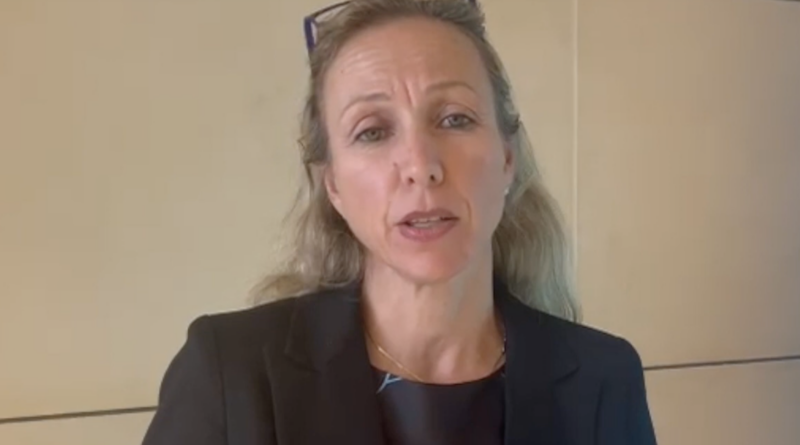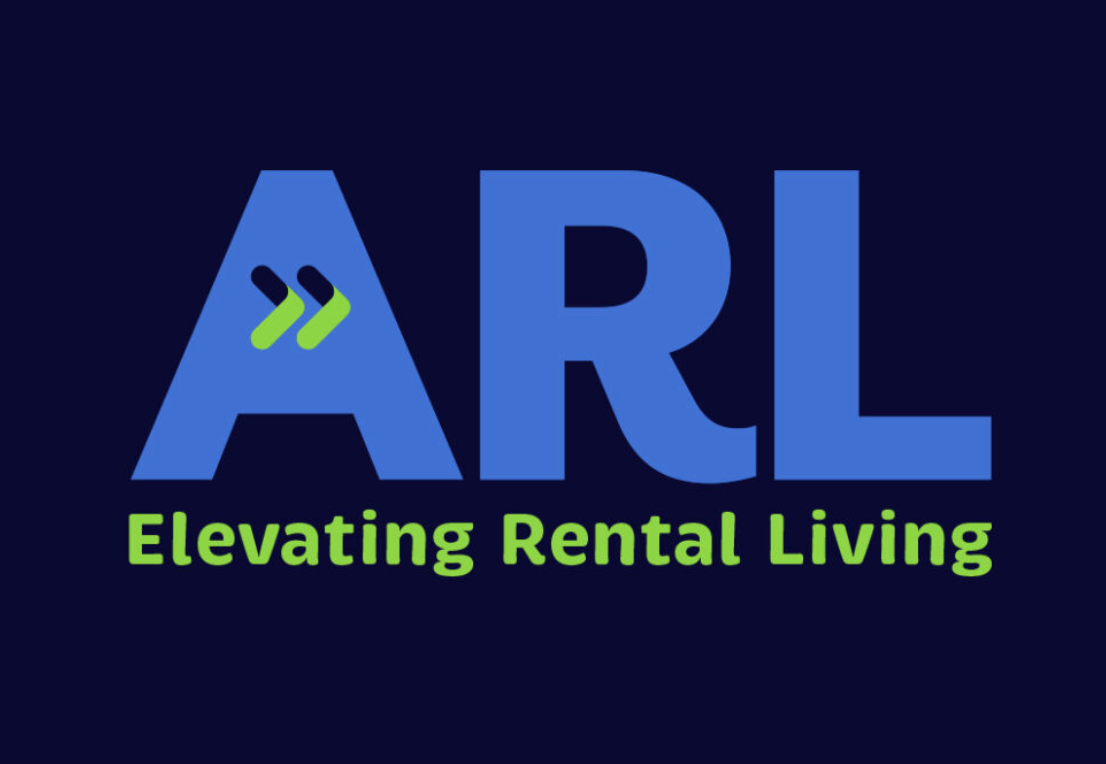Australia: Real estate asset manager Pro-Invest plans to buy and convert 10 Australian hotel and office assets in to a 2000-unit coliving portfolio.
The company, which prominently operates in the hotel space, intends to triple its flexible living model to 6000 apartments, to matching its hotel portfolio in size.
Managing partner Dr Sabine Schaffer explained the company’s moving in to the living sector: says there are some key fundamentals underpinning the decision. “Everyone is aware of the significant housing supply demand imbalance in place at the moment. Build-to-rent is one way to solve for that, but with that asset class it takes time. It takes between 18 months and two years to get planning approval, and then another 18 to 24 months for the development program. That’s three to four years before you see yield return. We believe coliving conversion is a quicker way to get that yield-earning stock.”
“We started to identify assets and most likely our first acquisition will be an office block in Sydney that will be converted to co-living. We are also looking at a hotel in Melbourne, and another hotel in Canberra. This is really a natural extension of what we already do, from procurement to marketing – we already have that platform. Coliving can piggyback off the functions that we already have in place for our existing assets.”
The group’s Australian portfolio comprises 32 assets, $3 billion in assets under management, and an expertise in new-build construction and hotel and office conversion. The coliving opportunities identified will focus on the conversion of existing assets — predominantly hotels of up to 200 keys, with new-builds considered where appropriate.
The focus will be on identifying underperforming hotel assets that could be quickly and efficiently repositioned, while the hotel-management arm of the business maximised the yield from the asset during planning phase.
The coliving properties will comprise smaller, self-contained studios and one-bedroom apartments with shared facilities and flexible renting. Schaffer said they would focus on city-fringe areas where ageing hotel and office stock could provide opportunity.
Pro-Invest was looking at B and C-grade office stock in city-fringe areas with smaller floorplates that were easier to convert to coliving, Schaffer said.
“This is a great way to recycle the asset and the carbon,” she said. “Sometimes, particularly in the CBDs of Sydney and Melbourne, the highest and best use of ageing hotels is still hotels. But maybe in fringe areas during the past 30 or 40 years it may have become more residential and the natural demand for hotels may not be there.”








